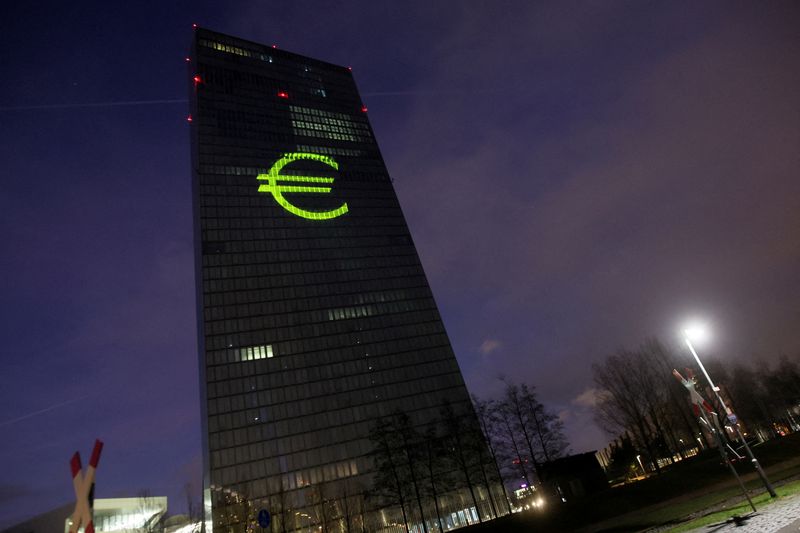(Bloomberg) -- Sign up for the New Economy Daily newsletter, follow us @economics and subscribe to our podcast.
European Central Bank officials must consider the risk of an economic contraction in the euro area and its impact on prices when plotting their next policy steps, Executive Board member Fabio Panetta said.
“If we will have a significant slowdown or even a recession, this would mitigate inflationary pressures,” Panetta said at a panel discussion in Milan on Tuesday.
Any adjustment in monetary policy “needs to be strictly data dependent, taking fully into consideration the condition of the euro-area economy,” he said. “This implies first of all to be fully aware that the probability of a recession is increasing in the euro area because of the consequences of the pandemic, of the shock to commodity prices of recent months, because of the war and its consequences for trade and uncertainty.”
The ECB raised interest rates by half a percentage point last month and warned that more hikes will be needed to counter the fastest inflation since the creation of the euro.
“If you look at the evolution of market rates in recent weeks, then you would see that taking into account expected inflation, real rates are actually not too far away from what could be estimated as their neutral level and they’re not out of line with estimates of the Taylor Rule,” Panetta said.
The outlook for the economy has darkened after Russia cut supplies of natural gas to the region and with surging prices sapping demand. Business surveys by S&P Global on Tuesday showed activity shrinking for a second month amid signs that some inflation pressures may be peaking.
“We should consider very carefully the dynamics of commodity prices,” Panetta said. “The most recent dynamics suggest that commodity prices are actually falling, with the notable exception of gas. We know gas prices respond to other factors, geopolitical factors.”
European natural gas prices are almost seven times higher than they were at this time last year. Russia’s Gazprom PJSC (OTC:OGZPY) will halt flows on the key Nord Stream pipeline to Germany for three days of maintenance starting Aug. 31, again raising concerns the link won’t return after the work. Lower flows would jeopardize Europe’s efforts to fill storage sites to prepare for the colder months.
On monetary policy, “adjustments are possible, but the most recent evolution of the economy should induce us to exercise one of the main virtues of central bankers, which is prudence,” he said.
(Updates with comments on real rates, prices, central bank prudence starting in fifth paragraph)
©2022 Bloomberg L.P.
